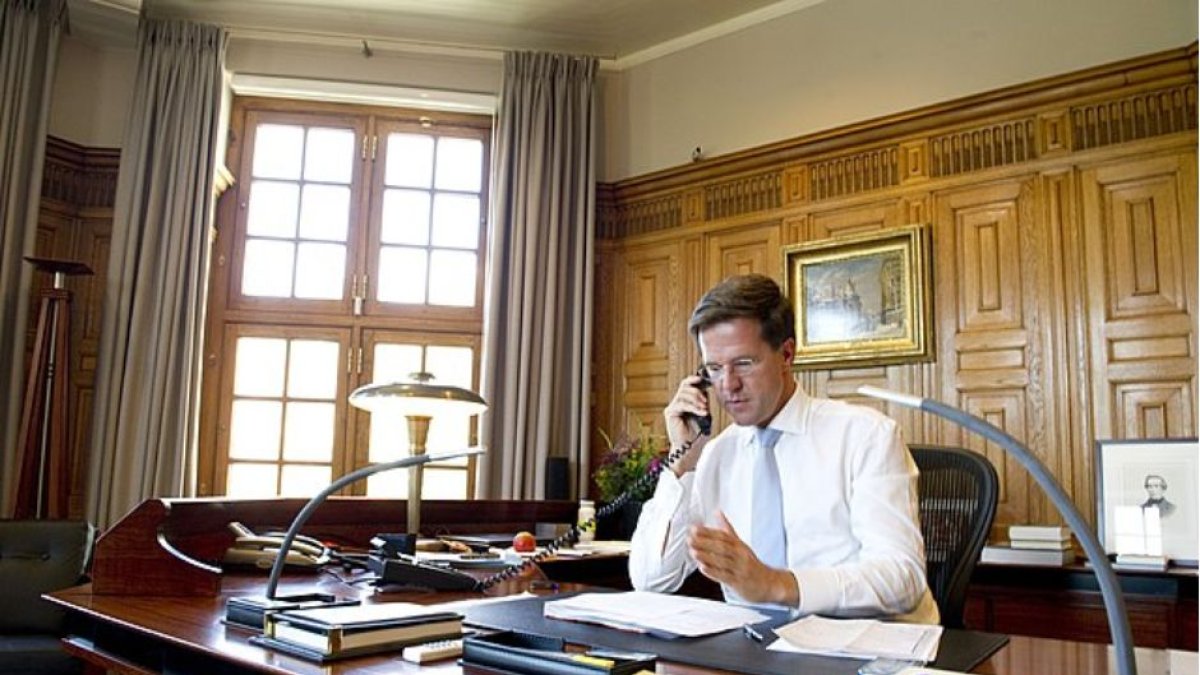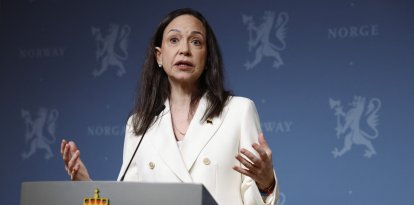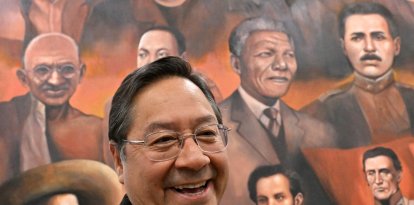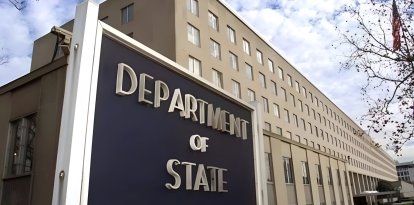Migration policy causes government breakdown in the Netherlands
The coalition at the helm of the European country has dissolved due to "insurmountable differences" over family reunification for refugees.

(Wikimedia Commons)
The Dutch government has been thrown into turmoil after the country's Prime Minister Mark Rutte made an ordeal with his coalition partners over migration policies. The leader of the conservative party VDD proposed draconian limits on family reunification for war refugees, which were flatly rejected by the progressive V66 and, above all, by the Christian Union, which considered it a frontal attack on families. Rutte tendered his resignation to the king and expressed doubts about whether he will run again in the next election, scheduled for the fall.
"Time to think calmly"
Disagreements over how to deal with the influx of refugees were a constant between the four parties forming the government coalition, and Rutte's latest proposal was the final straw. The outgoing prime minister himself acknowledged this at the press conference announcing the end of the government: "It is no secret that the coalition partners have very different views on migration policy. And today, unfortunately, we have to conclude that these differences are insurmountable. That is why I have submitted the resignation of the entire cabinet to the King."
Hours after his resignation, Rutte said he has "the energy to continue as party leader," although he asked for "time to think calmly" about whether he will again be the head of the Liberal ticket in the next elections, initially scheduled for the fall, according to the Electoral Council. This is the third term in office that Rutte has been forced to end prematurely. On this occasion, the coalition has lasted just over a year and a half (it took office on Jan. 10, 2022).
Limits on family reunification for war refugees
The proposal that blew up the government was VDD’s intention to distinguish between refugees who are personally and permanently threatened (for political, religious or sexual orientation reasons) and those who are forced to leave their country for a "temporary" armed conflict. Rutte’s intention was to try to return the latter refugees to their homeland when the war in their country is over.
It is precisely the conditions proposed by Rutte and his supporters for this second group that were the point of no return for progressives and Christian Democrats. Those in this situation would have greater difficulties reuniting their families because the initiative allows only 200 direct relatives to be reunited per month and a waiting period of two years before they can travel to the Netherlands.
Strong migratory pressure in the Netherlands
Despite the fact that Dutch migration policies are among the toughest in the European Union, asylum applications to enter the country grew by 33% last year, exceeding 46,000. The government’s forecast for this year is that they could exceed 70,000, beating the national record from 2015.

























